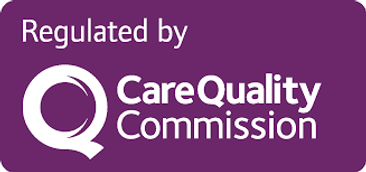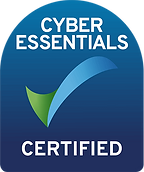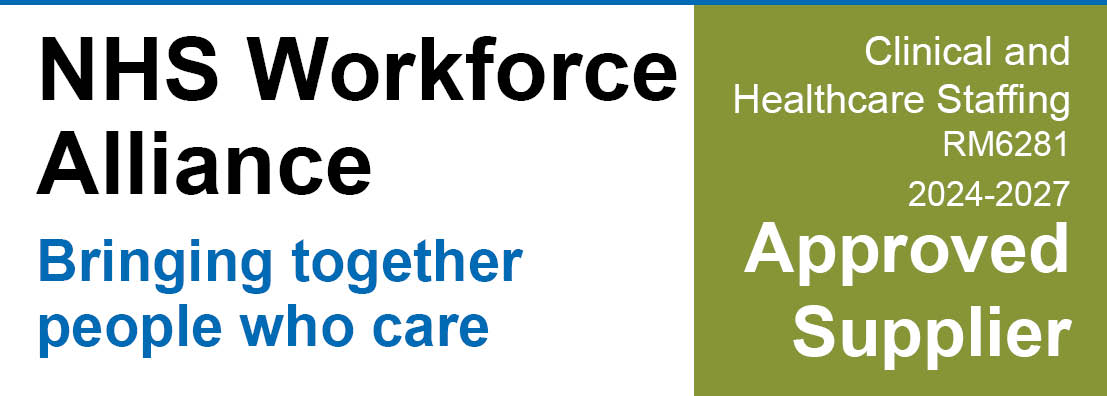There are no set entry requirements to become a healthcare support worker, but in learning disability and autism services employers look for someone with a strong core values base. Employers expect good literacy and numeracy and may ask for GCSEs (or equivalent) in English and Maths. They may ask for a healthcare qualification, such as BTEC or NVQ.
While experience is not essential to become a healthcare support worker, it is desirable for many employers.
Becoming a volunteer within a health or care organisation is a good way to get some experience. Most NHS organisations have their own website, which will include a section on volunteering. Experience can also include caring for a loved one or paid employment within any health or care organisation. Experience within a customer service environment is also beneficial.
To move into a senior healthcare support worker role, healthcare experience would be essential as it builds on prior experience and skills. Completion of the Care Certificate would be expected.
From within health and social care
If you are already working in the health and social care sector and looking for a new challenge, then you can change career to become a healthcare support worker within learning disability and autism support and care. You will need to map your skills and experience against the entry criteria for this role, as advertised by employers.
From outside health and social care
If you want to work in health and social care and you are looking for a new challenge, then you can change career to become a healthcare support worker within learning disability and autism support and care. You will need to map your skills and experience against the entry for this role, as advertised by employers.
Characteristics and skills required
You’ll need to be:
- caring and kind,
- cheerful and friendly,
- willing to work with people on a one-on-one basis,
- willing to support people with personal care tasks,
- able to follow instructions and procedures,
- happy to work in a team but use your own initiative.
You’ll also need:
- communication skills, including listening,
- organisation skills,
- observational skills.
Once employed as a healthcare support worker you will be given support to obtain the Care Certificate, which will help you in your day-to-day role.












